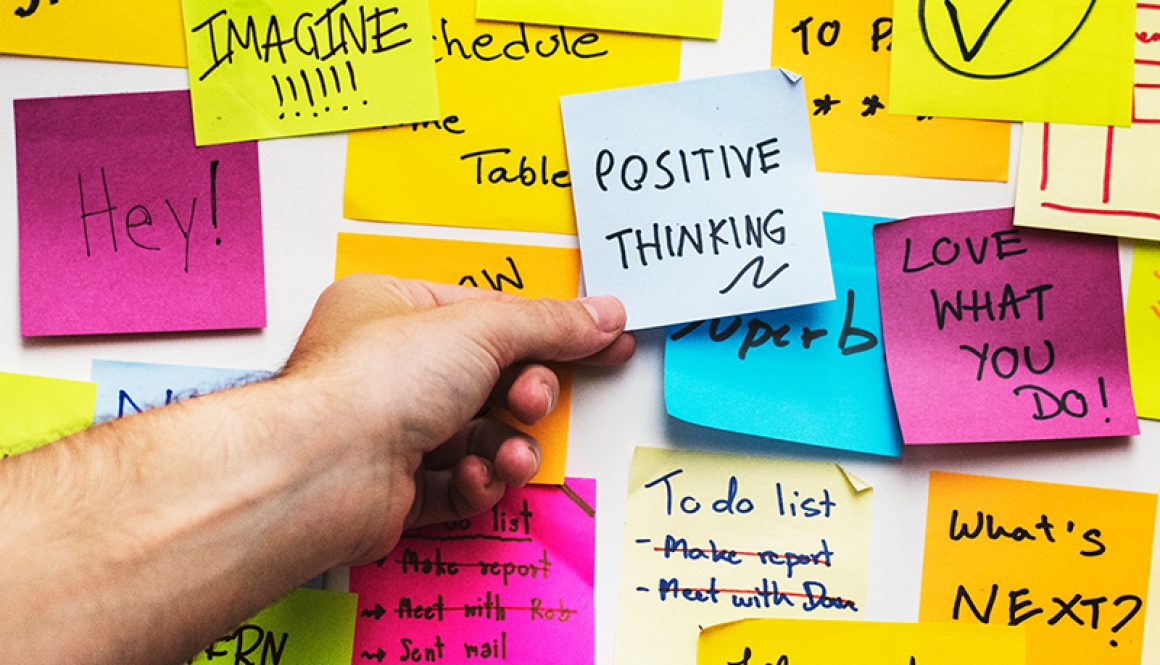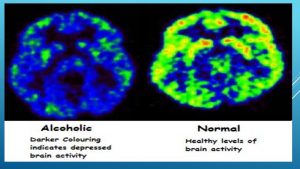Living Life to the Fullest with Positive Recovery
“Living life to the Fullest” by Richard Jones
As we enter into a positive recovery lifestyle, learning to live life to the fullest can be overwhelming and seemingly impossible to attain.
In this latest post from Richard Jones, Rich shares with us his thoughts and ideas about how adopting a positive recovery attitude and how taking action is key to overcoming the negative effects of addiction.
We Need More Stories of Hope.
Addiction has become a headline issue. For good reasons. The overdose rate continues to climb year over year (65,000 annually) and alcohol continues to take out about 88,000 per year.
It’s stunning to see the explosion of advocacy and recovery groups. This has to be a good thing.
The stigma is being confronted and people are willing to speak out. Of course, there will be problems and it’s not all positive but we need to talk about recovery.
Recovery Occurs In Many Different Ways.
We need to emphasize that recovery comes in all shapes and sizes. There are multiple pathways. There are multiple solutions. Recovery requires hard work.
However, there is great joy and there are many ways that a person can thrive in recovery.
Not everyone makes it. Not everyone thrives. But many do!
And many more would if we PROMOTE recovery and emphasize the upside.
A Lifestyle Management Issue
But let’s think about this! LIFE IS HARD! Life is a fatal proposition. All human beings have ups and downs. All human beings have dark days.
There is no such thing as addictive thinking. There is only thinking!
Life can involve recovery from all types of things!
We need to inform people that there is great possibility around the corner.
We need to emphasize what we gain in recovery; not what we give up!
We need to focus on this as a healthcare issue. A lifestyle management issue.
There Are Multiple Pathways for Success.
Some people get well through existing programs of recovery. There are many different pathways to recovery.
Most know of the 12-step programs –
- Alcoholics Anonymous,
- Narcotics Anonymous,
- Cocaine Anonymous, and such.
There are other mutual support groups such as –
In addition, some people find recovery through ongoing clinical support. Medication Assisted Treatment is a legitimate pathway to recovery.
IMPORTANT NOTE:
- IF YOU ARE ENGAGED IN A PROGRAM AND IT WORKS FOR YOU!
- BY ALL MEANS KEEP DOING THE PROGRAM!
- IF IT’S NOT BROKE…DON’T FIX IT!
Personal Experience
I have noticed in my personal experience my recovery has evolved and progressed over time.
I have been actively engaged in therapy, actively engaged in 12-step meetings, actively engaged in family recovery groups and actively engaged in church.
All these things have helped me over the last 17 years. But my level of involvement has changed over time.
My needs have changed over time. I have no intention of staying stagnant.
Helping Others – Get Involved
It is interesting to note that the one thing that has stayed consistent over time is my involvement in helping others.
Not just in the addiction and recovery world. I have spent time providing mental health therapy, stress management coaching and positive psychology coaching.
I have spent time working with seriously and persistently mentally ill in the streets of Pittsburgh. Five years with homeless population in Pittsburgh.
Helping people can extend beyond the rooms of recovery. Altruism is altruism. Spread your wings!
What Is The First Thing You Have To Do?
The first thing you have to do is stabilize. However, we also know that addiction is more than bad behavior.
There is more involved than merely making better decisions. There is a fundamental “brain change” that occurs when addiction enters the picture.
This has been hotly debated and many people challenge this assumption.
There are some who believe addiction is a moral choice, there are some who believe it is a problem of connection, others who believe it is a problem of learning disorder, and some who believe that it is a spiritual problem.
There are also people who believe addiction is a combination of all of the above.
We Stopped Learning in The 70’s
There is probably much we do NOT know about addiction. We essentially stopped learning in the 1970’s when the Minnesota Model took over treatment.
However, I think it is important for people to realize that the brain is impacted.
Regardless of how you semantically describe the process; something changes in the brain. This contributes to compulsive use and obsessive thinking about the substance and use despite consequences:
This image displays the depressed dopamine levels that occur with chronic substance misuse. I’m not a neurologist but I would prefer the brain on the right over the brain on the left.
What Can I do About This?
The best way to answer this question is to describe the treatment and recovery process.
There are multiple options and ways to attack this issue. Most people have heard about “rehab” and many equate this to recovery. Rehab does not equal recovery.
There are different levels of care associated with the treatment process and a thorough clinical assessment can help determine the recommended level of care.
Regardless, you must start with a stabilization process. It’s going to be difficult to thrive in life if you do not address the neurobiological aspect of this healthcare issue.
This will require putting the substance down and getting through an initial period of detoxification and stabilization.
Let’s assume, however, that you are stabilized. You have “come back online” and you have regained the ability to make better decisions.
Let’s take it one step further and assume you have established a good routine and, for the most part, using substances is no longer a daily threat to your health and welfare. You may be thinking: “What’s next”?
As stated above there are many programs that address life in recovery. Some promote a spiritual solution. Others a rational solution. Others a social solution.
Many promote a combination of these as a solution. However, I would like to introduce a new concept.
Introducing Positive Recovery
Positive psychology was developed in 1993 by Martin Seligman and colleagues. Via his own personal experience, Seligman became interested in the concept of subjective well-being. Or what is more commonly known as happiness.
There have always been a multitude of interventions to help some who was clinically depressed get better. However, there were no interventions to help someone who was “okay” live a fuller and more robust life. We could help people survive. But nothing existed to help people thrive.
Positive psychology developed as a discipline to fill this void.
Since its inception in 1993, Positive Psychology has developed, tested and validated countless interventions that have proven to improve quality of life.
The program of Positive Recovery: post stabilization we apply the principles, exercises and framework of positive psychology to our lives in order to THRIVE NOT JUST SURVIVE.
NOTE: OF COURSE, THIS APPLIES TO BOTH THE INDIVIDUAL IN RECOVERY AND TO FAMILY MEMBERS!
Positive Recovery / Lesson #1
Engage in The “Free Three”
If you are feeling down. If you are worried, anxiety ridden, preoccupied, laden with fear and overcome by stress…
Starting today and for the next 6 weeks make this part your daily routine.
Every single day try to engage in the 3 most affordable and effective stress busters known to mankind. Scientifically proven to positively impact mood and decrease stress.
- GO OUTSIDE – If you can get into nature that is ideal. If not take a walk. Or even if you just go out and stand there (although, that may be deemed kinda strange depending on the setting)
- LISTEN TO MUSIC – Preferably listen to something upbeat. Whatever you are into. Me, I’m into late 90’s east coast gangsta rap. But whatever floats your boat.
- LAUGH – YouTube makes this easy…pull up a funny video and laugh!
Do those 3 things every day and see what happens. Taking action in and of itself can improve things.
Getting out of the same old routine and rut. Change it up. What do you have to lose?
Positive Recovery and Psychology
I will be rolling out more information related to positive recovery and psychology.
I encourage you to check out my facebook group and my YouTube page on Positive Psychology as applied to my EAP practice:
Rich Jones Positive Psychology – Click Here
Positive Psychology on Youtube – Click Here
And to make things more convenient.
Here is a video summary of THE FREE THREE!


